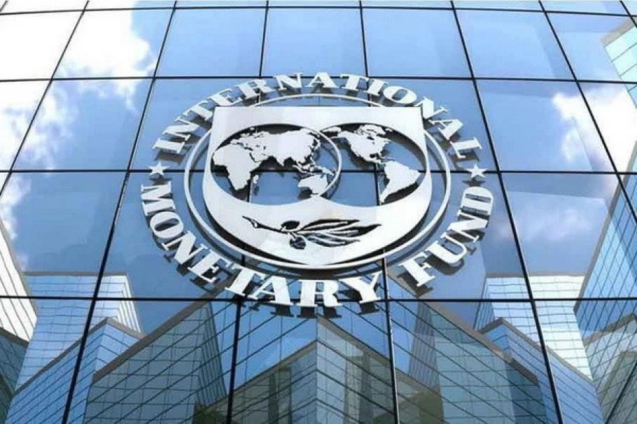The International Monetary Fund (IMF) is forecasting a consistent decline in Ghana’s Debt-to-Gross Domestic Product (GDP) ratio in the next six years.
In its April 2024 Fiscal Monitor, the Fund said Ghana’s debt-to-GDP will plummet to 69.7% in 2029.
In 2024, the debt-to-GDP ratio is estimated at 83.6%, whilst that of 2025, 2026, 2027 and 2028 are pegged at 80.9%, 77.9%, 74.9% and 72.0%.
The Fund had earlier stated that Ghana’s fiscal economy was improving.
According to Stephane Roudet, Mission Chief for Ghana, the government policies and reforms to restore macroeconomic stability and debt sustainability while laying the foundations for stronger and more inclusive growth are already generating positive results.
“On the fiscal front, consistent with the authorities’ commitments under the IMF-supported program, the fiscal primary balance on a commitment basis improved by over 4 percentage points of GDP in 2023 and is on track to achieve a fiscal primary surplus of ½ percent of GDP in 2024. Spending has remained within budget limits, while the authorities have significantly expanded social protection programs to help mitigate the impact of the crisis on the most vulnerable. Ghana has met its non-oil revenue mobilization target, while making progress in implementing ambitious structural fiscal reforms to bolster domestic revenues, strengthen public financial and debt management, and enhance transparency”, it added.
Ghana secured a Memorandum of Understanding (MoU) from its bilateral creditors on restructuring debts. This was after it reached a “deal” with the bilateral creditors on the terms for restructuring the debt.
This move coupled with the domestic debt restructuring is intended to save the country some cost.
Ghana ended 2023 with a public debt of GH¢610bn – BoG
Ghana’s public debt reached GH¢610 billion ($52.4 billion) at the end of 2023, the Bank of Ghana has revealed in its March 2024 Summary of Economic and Financial Data.
It went up by GH¢42.7 billion between September 2023 and December 2023, after it fell by ¢14.2 billion between June 2023 and September 2023 to ¢567.3 billion ($51.0 billion).
The total public debt stock of the country is equivalent to 72.5% of Gross Domestic Product (GDP).
This suggests that the country’s debt situation has not improved despite completing the Domestic Debt Exchange Programme during the period.
While the domestic debt went up by GH¢19.1 billion, the external debt increased by GH¢23.6 billion, largely as a result of the cedi depreciation.
Latest Stories
-
ORAL campaign key to NDC’s election victory – North America Dema Naa
17 minutes -
US Supreme Court to hear TikTok challenge to potential ban
23 minutes -
Amazon faces US strike threat ahead of Christmas
55 minutes -
Jaguar Land Rover electric car whistleblower sacked
1 hour -
US makes third interest rate cut despite inflation risk
1 hour -
Fish processors call for intervention against illegal trawling activities
1 hour -
Ghana will take time to recover – Akorfa Edjeani
2 hours -
Boakye Agyarko urges reforms to revitalise NPP after election defeat
2 hours -
Finance Minister skips mini-budget presentation for third time
2 hours -
‘ORAL’ team to work gratis – Ablakwa
2 hours -
Affirmative Action Coalition condemns lack of gender quotas in Transition, anti-corruption teams
2 hours -
December 7 election was a battle for the ‘soul of Ghana’ against NPP – Fifi Kwetey
2 hours -
Social media buzzing ahead of Black Sherif’s ‘Zaama Disco’ on December 21
3 hours -
Afenyo-Markin still suffering from the massive defeat – Fifi Kwetey
3 hours -
Retain Afenyo-Markin as NPP leader, he has experience – Deputy Speaker
3 hours

